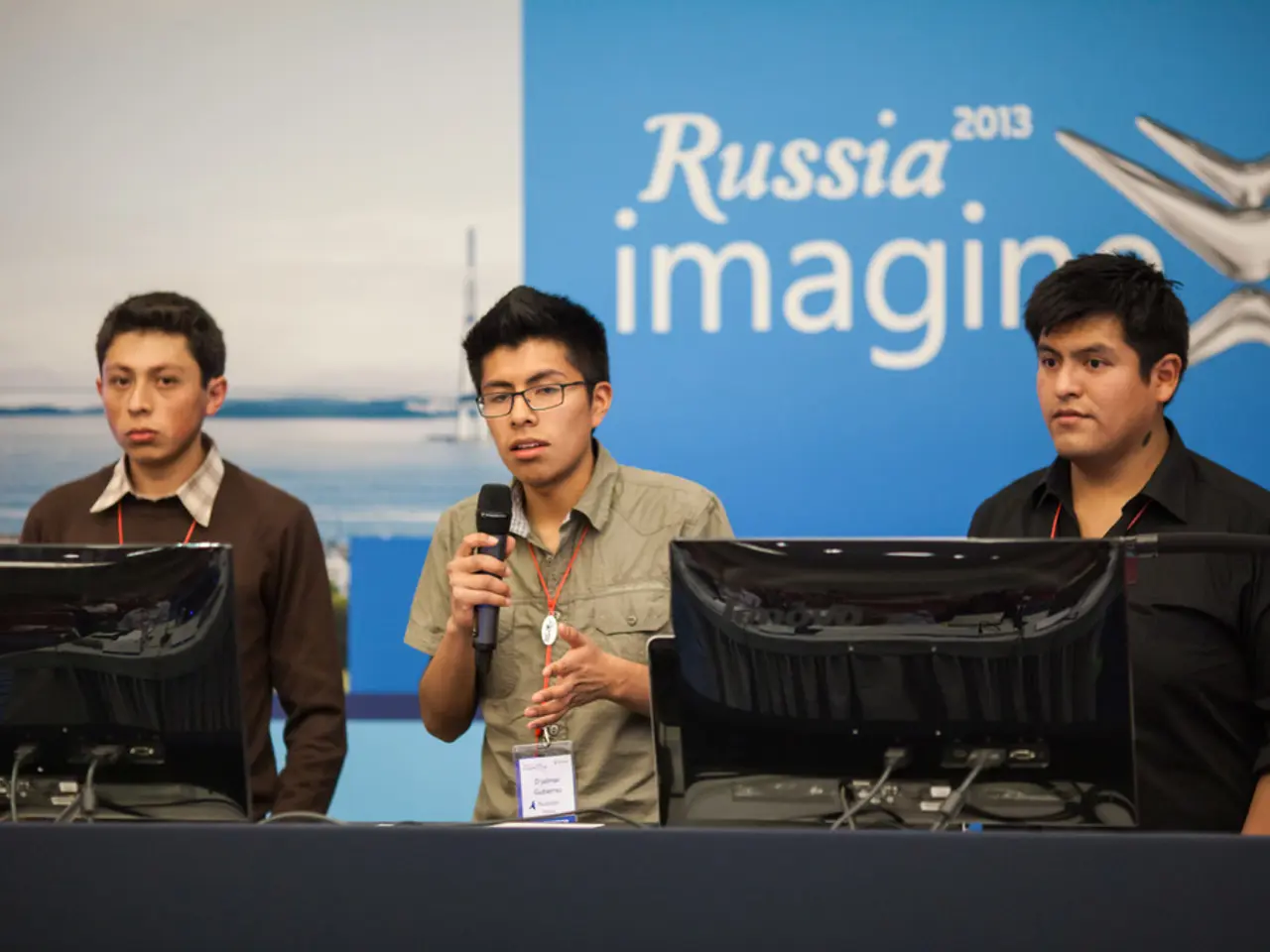Russians Disclose Desired Amount of Money for Happiness Satisfaction
In the ever-evolving Russian labor market, desired salaries vary significantly across different regions and are influenced by various factors such as education level, age, and gender. Here's a closer look at some key trends and factors shaping the desired salaries in Russia.
## Regional Trends
The economic landscape in Russia is diverse, with significant disparities across its federal subjects. The Central Federal District, which includes Moscow, boasts the highest mean per capita income, around 71.4 thousand Russian rubles per month in 2023. In contrast, regions like the Chukotka Autonomous Okrug have exceptionally high median wages, while places like the Kabardino-Balkaria Republic have much lower wages.
Regional minimum wages can also differ, with Moscow having a significantly higher minimum wage than the federal minimum wage. As of January 2025, the minimum wage in Moscow was 32,916 Russian rubles, compared to 22,440 rubles nationally.
## Factors Influencing Salaries
### Education Level
Higher education levels are generally associated with higher salaries. Individuals with advanced degrees tend to earn more than those with lower educational attainment.
### Age
Older employees often command higher salaries due to their experience and seniority, particularly in industries where tenure is valued.
### Gender
There is a reported gender gap in earnings in Russia, with women typically earning less than men for similar positions. The gender gap in desired salaries in Russia is approximately 45,000 rubles per month, with men seeking an average salary of 280,000 rubles per month, while women aim for an average of 235,000 rubles per month.
## Salary Ranges and Trends
Salaries in Russia range from approximately 37,375 RUB (low-end) and can vary significantly based on job type and location. In Kirov, men and women both desire 204,000 rubles a month, indicating no gender gap in desired salaries in this city.
In Moscow, the desired salary for men remains at 290,000 rubles a month, while women in Moscow aim for 235,000 rubles a month, which is 55,000 rubles less than men. In St. Petersburg, men aim for 264,000 rubles a month, while women seek 235,000 rubles a month, resulting in a gender gap of approximately 29,000 rubles per month. In Vladivostok, men desire 276,000 rubles a month, while women seek 235,000 rubles a month, creating a gender gap of approximately 41,000 rubles per month.
Interestingly, those earning less than 50,000 rubles want 200,000 rubles for happiness, while those making over 100,000 rubles desire around 300,000 rubles. Real wage growth in Russia has been on the rise, with an increase of 4.6% year-on-year in April 2025.
In conclusion, desired salaries in Russia are influenced by a complex interplay of region-specific economic conditions, individual education and experience levels, and broader societal factors like gender disparities. Understanding these trends can help individuals make informed decisions about their career paths and salary expectations.
The Society of Personal Finance Advisors in Russia might focus on educating individuals about the impact of regional trends on their business or personal-finance decisions, such as the significant salary disparities across Russia's federal subjects.
Given the reporting of a gender gap in earnings, businesses in Russia could consider implementing finance policies that address this issue to retain talent and cultivate a diverse workforce.




